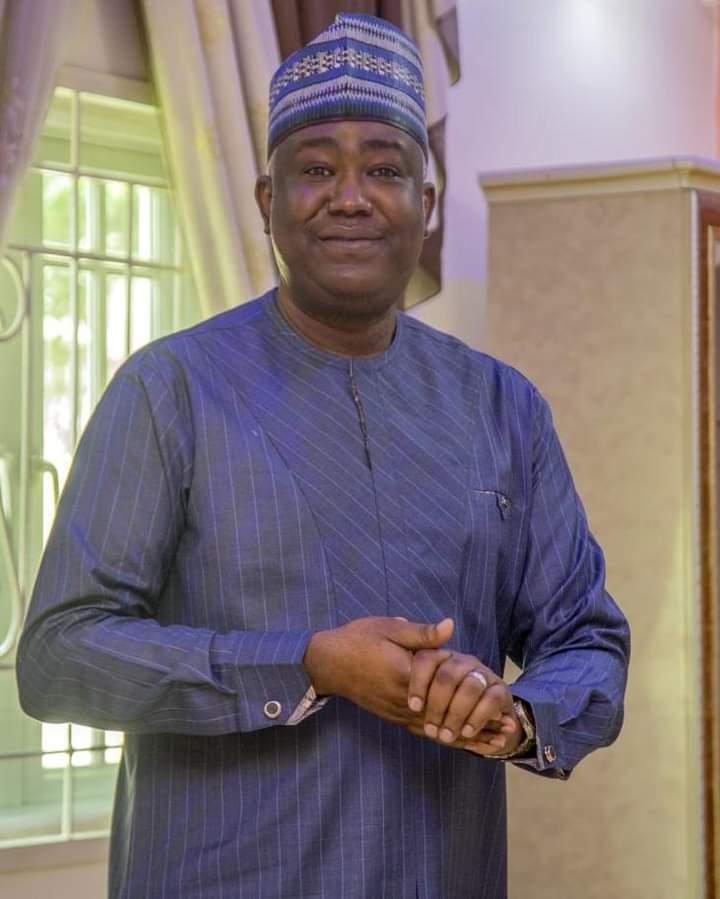A former Presidential Candidate and a Chieftain of the ruling All–Progressives Congress, APC, Mr Gbenga Olawepo-Hashim has warned President Muhammadu Buhari to ignore the bait from the International Monetary Fund, IMF and the World Bank to increase fuel price.
He warned that any attempt to increase the price of petrol will be akin to political suicide for the APC and a needless headache at this point.
These were contained in a statement released by his media office in Abuja on Wednesday.
“I will be very upfront with Mr. President and leader of my party, President Muhammadu Buhari, he does not need to listen to the IMF and World Bank on this particular matter.
The truth is that fuel price increase is a needless headache we do not need at a time like this. There are many expenditure items on the public budget we can knock off instead of what is called a petrol subsidy. It will be political suicide for our great party to contemplate the increase in prices of Petroleum products at this time.
“I believe the leader of the party, President Buhari will not take the bait,” he said.
Olawepo-Hashim, a Lord Marx Bellof Prize Winner in Global Affairs, maintained that Oil is a Strategic National Commodity for Nigeria as it is for all oil-producing countries, and the policy surrounding it must be well thought out relative to other matters in the economy.
“For instance, diesel and petrol are not just products that end up in the tanks of cars and lorries for transportation. These products are the fuels for the tiny generators at the barber’s shops, tailor’s shops, corn mills, rice mills, local clinics, hospitals, bakeries, small scale industries, telecommunications facilities, banks etc.
“Petrol and diesel fuel 90% of economic activities in Nigeria. Any increase in the prices causes significant distortion in the economy and whatever gain to the treasury will be wiped off by the losses it will cause to the economy and the net balance will be negative.
“Any time Petroleum prices go up, the people feel it everywhere around them immediately, and that is why anger and reactions to such increases are usually spontaneous, ” he said.
According to him, Debt servicing obligation is the biggest elephant in the room that the IMF, which functions most of the time as an agent of creditors to weak nations, does not want to talk about.
READ ALSO: IMF warns CBN that eNaira may reduce deposits
He posited that in the 1980s and 1990’s the Bretton Woods institutions put weak third world countries under undue pressure on the management of their economies based on their National debts through ruinous advisories and conditionalities that are not applied to similarly indebted developed nations whenever they want to offer assistance. The US, the world most indebted country with a National debt of over 100% of its GDP, does not get such advisory from the IMF.
“Right now, most Western countries in the COVID era are printing money to subsidise their people. So, the conversation we should be having is how developing countries can also enjoy some concessions, not how to take any little support for the people away.
“At the domestic level, we need a conversation on a national strategy for economic development, not on how to tinker with the price of Petroleum product or value of the National currency which has been an unhelpful path we followed biannually since 1986,” he said.
The APC chieftain added that the size of what is called subsidy could have even been exaggerated as the value of crude allocated for domestic consumption (415,000 barrels per day) which is swapped, should stand to the credit of local Petroleum product account after deduction of OPEX and average unit CAPEX costs. “When this particular sum is accounted for, the so-called “subsidy cost” will be relatively smaller than the costs bandied about,” he said.


